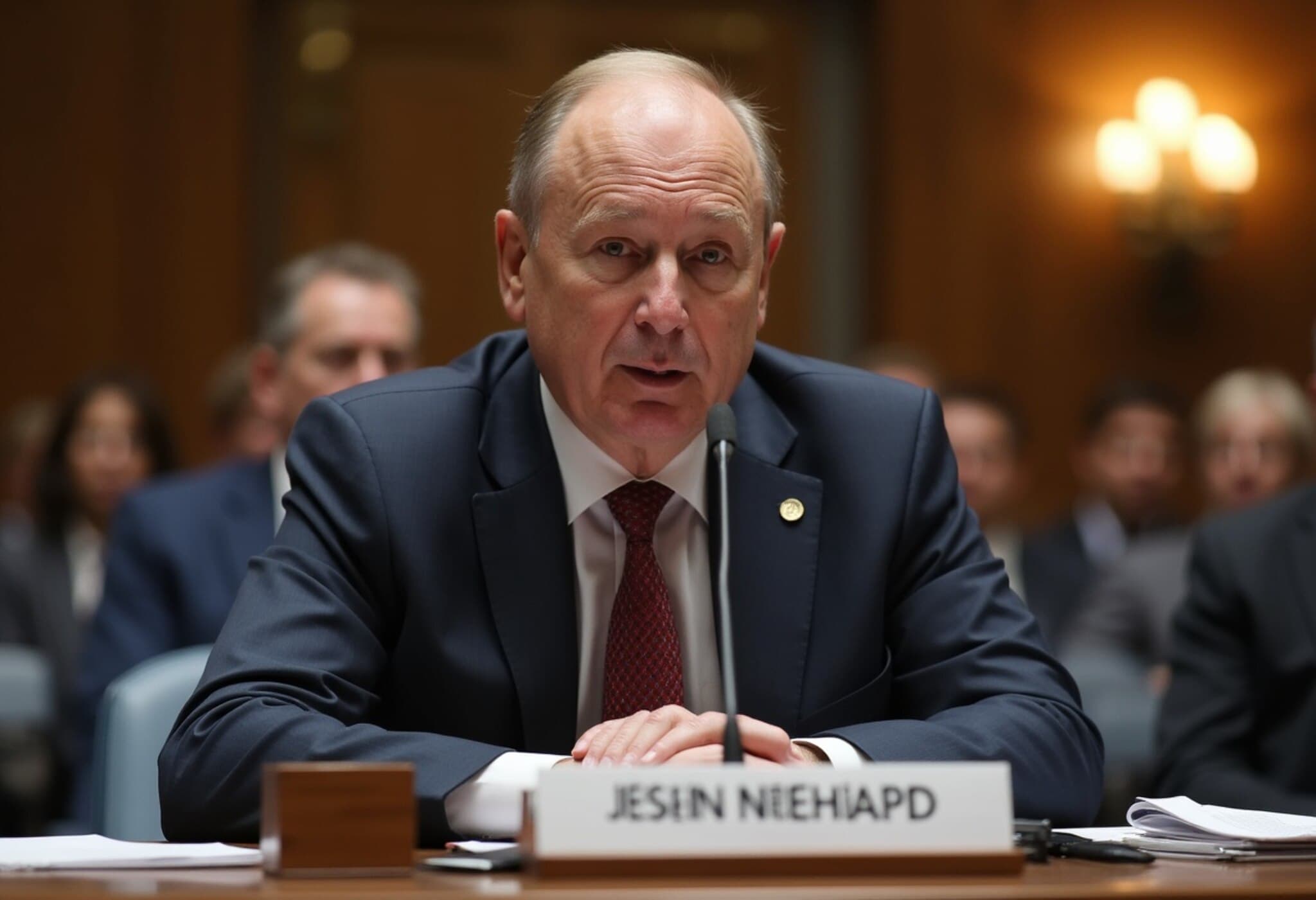Trump Administration Targets Foundation of U.S. Climate Policy
In a move that could dramatically reshape America's approach to climate change, the Trump administration is preparing to rescind the 2009 Environmental Protection Agency (EPA) "endangerment finding"—a critical scientific determination that underpins federal regulations on greenhouse gas emissions.
The Endangerment Finding: Backbone of Climate Regulations
This landmark finding, established during the Obama era in response to a 2007 Supreme Court decision, officially recognized greenhouse gases from fossil fuels as harmful to human health and welfare. It empowered the EPA to enforce limits on emissions from vehicles, power plants, and industrial sources nationwide. Reversing this declaration risks dismantling decades of environmental protections and complicates any future efforts by subsequent administrations to reintroduce similar measures without restarting a complex scientific and legal process.
Legal Maneuvering Over Scientific Consensus
According to sources cited by The New York Times and The Washington Post, the draft EPA rule doesn’t openly dispute the well-established science linking fossil fuel emissions to global warming. Instead, it argues the agency exceeded its legal authority under the Clean Air Act when it issued the sweeping endangerment finding. This legalistic approach seeks to undermine the EPA's power to regulate emissions without confronting the core scientific facts.
Implications for Vehicle Emission Standards
Among the measures under threat are federal limits on vehicle emissions, key policies pushing the U.S. toward electric vehicles. Given transportation's role as the largest source of greenhouse gases in America, rescinding these rules could slow efforts to reduce carbon footprints significantly. The EPA is framing this rollback around economic concerns, suggesting that such regulations increase vehicle costs and restrict consumer choice, possibly harming the very populations these policies aim to protect.
Weighing Economic Arguments Against Environmental Urgency
EPA Administrator Lee Zeldin has emphasized balancing environmental goals with energy security and economic freedom, reflecting the administration’s broader deregulatory agenda. However, environmental advocates fear this economic rationale masks a deeper political strategy to stymie climate action.
Experts Sound Alarm Over Legal and Environmental Consequences
Legal analysts warn that retracting the endangerment finding could cripple the EPA's authority to combat climate change altogether. This action challenges the legal foundation set by the Supreme Court’s Massachusetts vs. EPA ruling, which mandated regulating greenhouse gases as pollutants. While courts may eventually block these rollbacks, even temporary disruptions risk prolonging delays in addressing an accelerating climate crisis.
The Political Forces Behind the Draft Rule
Reports identify former Justice Department official Jeffrey Clark as a key architect of this proposal. Known for his previous opposition to greenhouse gas regulations, Clark's influence guides the EPA’s legal argument that environmental rules should be narrowly applied only to specific pollutants, rather than broad categories like greenhouse gases—a tactic intended to sidestep scientific consensus and reduce regulatory reach.
Part of a Broader Deregulatory Crusade
This attempt fits into a wider pattern of the administration rolling back environmental protections, including:
- Weakening fossil fuel emission controls
- Discouraging electric vehicle adoption
- Withdrawing from international climate agreements
Environmental groups like the Natural Resources Defense Council condemn the move as a calculated effort to erode the Clean Air Act and downplay well-documented climate risks.
Looking Ahead: Legal Battles and Climate Stakes
Though the draft rule has yet to be made public, it has already been sent for White House review. Once unveiled, it will face public commentary and almost certainly legal challenges. The stakes extend far beyond regulatory jargon; how the U.S. chooses to proceed will influence its capacity to meet climate goals, maintain international leadership, and safeguard public health amid escalating environmental threats.
Expert Insight
Climate policy experts emphasize that this legal challenge is less about disputing science and more about limiting governmental power. By focusing on legal technicalities, the administration aims to reshape climate governance for years to come, raising profound questions about the balance between economic interests and environmental responsibility in American policymaking.
Editor’s Note:
The proposed rollback of the EPA’s endangerment finding represents a critical inflection point in U.S. climate policy. While framed as a legal recalibration, it carries far-reaching implications—from weakening emission standards to potentially stalling national efforts against global warming. Readers are encouraged to consider how legal strategies intersect with scientific consensus, economic priorities, and public health imperatives in the unfolding climate debate.



















